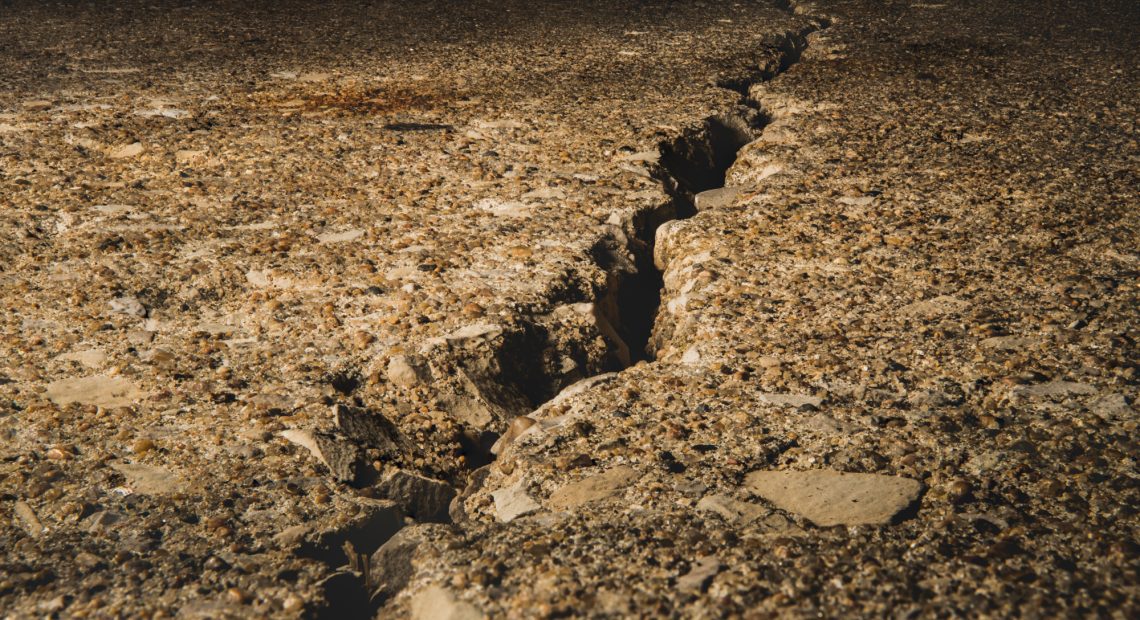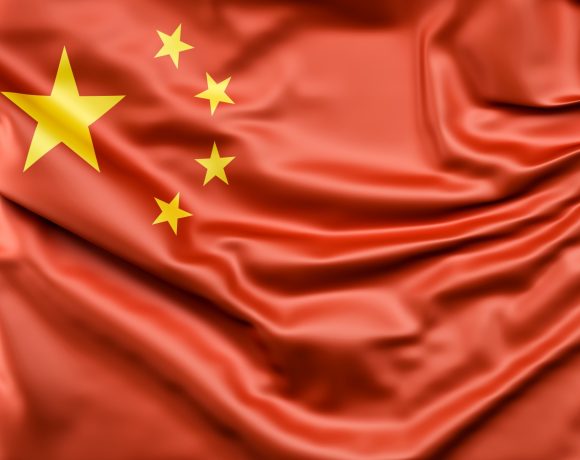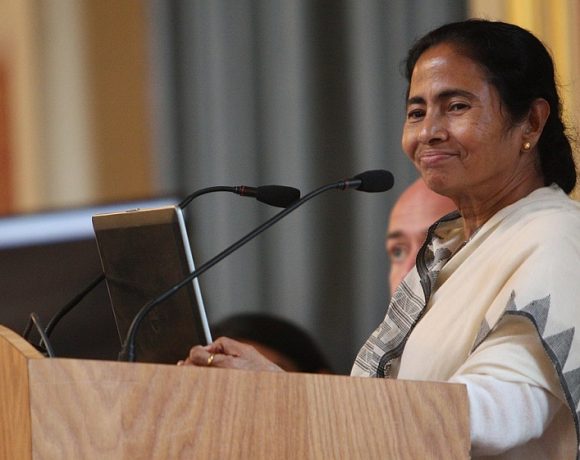
India Pledges $500,000 for Quake Relief in Vanuatu
In a gesture of solidarity and humanitarian support, India has announced a financial aid package of $500,000 for the Pacific nation of Vanuatu, which has recently been struck by a devastating earthquake. The announcement reflects India’s commitment to assisting countries affected by natural disasters and fostering global cooperation.
Details of the Assistance
The financial aid will be utilized for relief, rehabilitation, and reconstruction efforts in Vanuatu, which has been grappling with the aftermath of the earthquake. The funds aim to support immediate humanitarian needs, including shelter, food, and medical supplies, as well as long-term recovery and rebuilding initiatives.
India’s Ministry of External Affairs emphasized the country’s commitment to providing timely assistance to nations in need, especially in the Indo-Pacific region. The initiative aligns with India’s broader goal of enhancing regional cooperation and strengthening ties with Pacific island nations.
Vanuatu’s Earthquake Crisis
Vanuatu, located in the Pacific Ring of Fire, is prone to seismic activities and has faced significant challenges following the recent earthquake. The disaster has resulted in widespread damage to infrastructure, displacement of residents, and disruption of essential services.
The financial support from India is expected to bolster relief efforts led by the government of Vanuatu and international organizations. This aid also underscores the importance of global solidarity in addressing the impacts of natural disasters.
India’s Broader Humanitarian Efforts
India has a long-standing tradition of extending humanitarian aid to nations affected by natural calamities. From providing medical assistance during pandemics to supporting reconstruction after cyclones and earthquakes, India’s proactive approach reflects its role as a responsible global partner.
By offering financial aid to Vanuatu, India not only reaffirms its commitment to humanitarian values but also strengthens its strategic and cultural ties with the Pacific region. The gesture highlights the importance of collaborative efforts in mitigating the effects of natural disasters and building resilient communities worldwide.


















